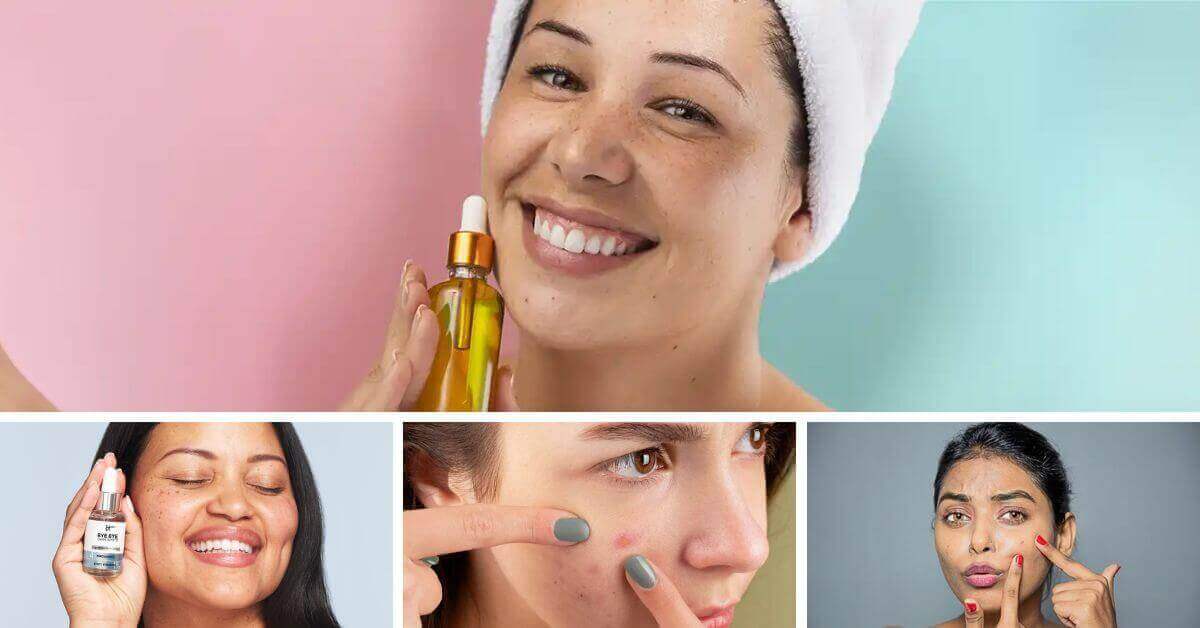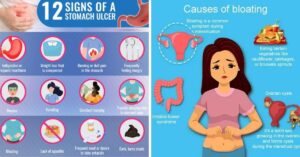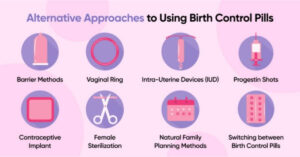Skin blemishes can be frustrating. Whether it’s acne, scars, dark spots, or uneven texture, finding the right blemished skin products is essential for a healthy glow. The beauty industry is flooded with options, but which ones actually work? In this guide, we break down the best scientifically-backed skincare products, their ingredients, and how they target blemishes effectively.
What Are Blemishes?
Blemishes are imperfections that appear on the skin due to various factors, including clogged pores, bacteria, inflammation, and environmental stressors. They manifest as acne, dark spots, scars, whiteheads, blackheads, and other irregularities that disrupt the skin’s smooth texture and even tone.
One of the most common causes of blemishes is excess oil production. When sebaceous glands produce too much sebum, it mixes with dead skin cells and debris, clogging the pores. This creates an ideal environment for bacteria, leading to inflammation and breakouts. Hormonal imbalances, particularly during puberty, pregnancy, or stress, can also trigger blemishes due to fluctuations in androgen levels that increase oil production.
Aside from acne-related blemishes, hyperpigmentation is another concern. These are dark spots left behind after inflammation, often caused by prolonged sun exposure, post-acne marks, or skin trauma. The body produces excess melanin in response, resulting in uneven skin tone. Similarly, scarring from acne, injuries, or medical conditions can leave noticeable marks that take time to fade.
Diet and lifestyle choices also play a role. Consuming high-sugar foods, dairy, and processed products may contribute to skin blemishes by triggering inflammation and increasing insulin levels, which can lead to excess oil production. Poor skincare habits, such as using harsh products, over-exfoliating, or neglecting sunscreen, can worsen skin conditions.
Treating blemishes effectively requires understanding their root cause and using targeted skincare products. Ingredients like salicylic acid, benzoyl peroxide, niacinamide, and vitamin C can help prevent breakouts, reduce dark spots, and promote clear, healthy skin. Consistency in skincare, a balanced diet, and lifestyle changes can all contribute to achieving a smooth and blemish-free complexion.
What Causes Blemished Skin?
Blemished skin occurs due to a combination of internal and external factors that lead to breakouts, dark spots, uneven texture, and irritation. Understanding these causes can help in selecting the right skincare solutions to prevent and treat blemishes effectively.
1. Excess Oil (Sebum) Production
The skin naturally produces oil to keep it hydrated, but when sebaceous glands become overactive, excess sebum clogs pores. This creates a breeding ground for bacteria and leads to acne, blackheads, and whiteheads. Oily skin types are more prone to blemishes due to this overproduction.
2. Clogged Pores and Dead Skin Cells
When dead skin cells accumulate on the surface, they mix with oil and debris, blocking pores. This blockage can result in various types of acne, such as blackheads, whiteheads, and cystic acne. Lack of proper exfoliation contributes to clogged pores.
3. Bacteria and Inflammation
The presence of Propionibacterium acnes (P. acnes) bacteria in the pores triggers inflammation and infection, leading to red, swollen pimples. This bacterial growth is one of the primary causes of acne-related blemishes.
4. Hormonal Changes
Fluctuations in hormones, especially androgens, increase oil production and cause breakouts. This is common during puberty, menstruation, pregnancy, and stress. Hormonal acne often appears around the jawline, chin, and cheeks.
5. Poor Diet and Lifestyle
Eating high-glycemic foods like sugar, dairy, and processed carbohydrates can spike insulin levels, leading to increased oil production and inflammation. Dehydration, lack of sleep, and high stress also worsen skin conditions.
6. Environmental Factors
Pollution, dirt, and UV exposure can damage the skin barrier, causing irritation, clogged pores, and hyperpigmentation. Sun damage exacerbates dark spots and acne scars, making blemishes more noticeable.
7. Harsh Skincare Products and Over-Exfoliation
Using products with harsh chemicals, alcohol, or excessive exfoliants can strip the skin’s natural barrier, leading to irritation and increased oil production. Over-cleansing and aggressive scrubbing can trigger more breakouts instead of clearing the skin.
8. Touching the Face and Picking at Pimples
Constantly touching the face transfers bacteria and dirt onto the skin, leading to breakouts. Popping pimples can push bacteria deeper into the pores, causing scarring and prolonged healing.
9. Underlying Medical Conditions
Certain medical conditions like polycystic ovary syndrome (PCOS) and autoimmune disorders can contribute to chronic blemishes. Medications, such as steroids and birth control pills, can also impact skin health.
10. Lack of Proper Hydration and Skincare Routine
Dehydrated skin overcompensates by producing more oil, leading to breakouts. A lack of essential skincare steps such as cleansing, moisturizing, and applying sunscreen can make the skin more prone to blemishes.
By identifying the root cause of blemished skin, you can tailor your skincare routine and lifestyle habits to promote a healthier, clearer complexion.
Best Blemished Skin Products

- Inhibits Melanin Production
- Gradual Yet Lasting Results
- Deep Skin Hydration and Repair
- Reduces Dark Spots & Hyperpigmentation
Why Do I Get Blemished Skin?
If you constantly struggle with blemished skin, you’re not alone. Blemishes happen for several reasons, and understanding the root causes can help you take the right steps to achieve clear, healthy skin. Here are some common reasons why you may be experiencing blemishes:
1. Your Skin Produces Too Much Oil
Your skin naturally produces oil (sebum) to keep it moisturized. However, when sebaceous glands become overactive, they generate excess oil that clogs pores, leading to blackheads, whiteheads, and acne breakouts. Oily skin types are more prone to blemishes due to this imbalance.
2. Clogged Pores from Dead Skin and Dirt
Dead skin cells shed naturally, but if they aren’t properly removed, they accumulate on the skin’s surface and mix with oil and dirt. This creates a breeding ground for bacteria and leads to breakouts, rough skin texture, and dullness.
3. Bacteria Causes Inflammation
When bacteria (Propionibacterium acnes) get trapped in your pores, they trigger inflammation, leading to red, swollen pimples and cystic acne. If not treated properly, this can cause long-lasting acne scars and blemishes.
4. Hormonal Fluctuations
Hormones play a big role in skin health. Changes in androgen levels (especially during puberty, menstruation, pregnancy, or stress) can lead to excess oil production, clogged pores, and breakouts—particularly around the jawline, chin, and forehead.
5. Poor Diet and High-Sugar Intake
Certain foods, especially those high in sugar, dairy, and processed carbohydrates, can cause insulin spikes, leading to increased oil production and inflammation. If your diet lacks essential nutrients like antioxidants, vitamins, and healthy fats, your skin may suffer from recurring blemishes.
6. Lack of Hydration and Skincare Routine
Dehydrated skin can overcompensate by producing more oil, which increases the risk of blemishes. If you don’t cleanse your skin properly or skip moisturizing, your skin barrier weakens, making it more prone to breakouts and irritation.
7. Stress and Lack of Sleep
Stress triggers the release of cortisol, a hormone that increases oil production and inflammation in the skin. Lack of sleep also affects skin repair, making blemishes take longer to heal and causing a dull complexion.
8. Harsh Skincare Products and Over-Exfoliation
Using products with alcohol, sulfates, or synthetic fragrances can irritate your skin, causing redness and breakouts. Over-exfoliating or using too many active ingredients (like retinoids and acids) can strip your skin barrier, leading to irritation and more blemishes.
9. Touching Your Face and Picking at Pimples
Constantly touching your face transfers bacteria and dirt from your hands onto your skin. Popping pimples can also push bacteria deeper into the pores, causing infection, inflammation, and acne scars.
10. Environmental Factors (Pollution and Sun Damage)
Pollution and exposure to UV rays can damage your skin barrier, leading to clogged pores, inflammation, and dark spots. Not wearing sunscreen can worsen hyperpigmentation, making acne scars and blemishes more visible.
If you experience frequent blemishes, addressing these factors can help improve your skin over time. A consistent skincare routine, a healthy diet, proper hydration, and stress management can all contribute to clearer, healthier skin.
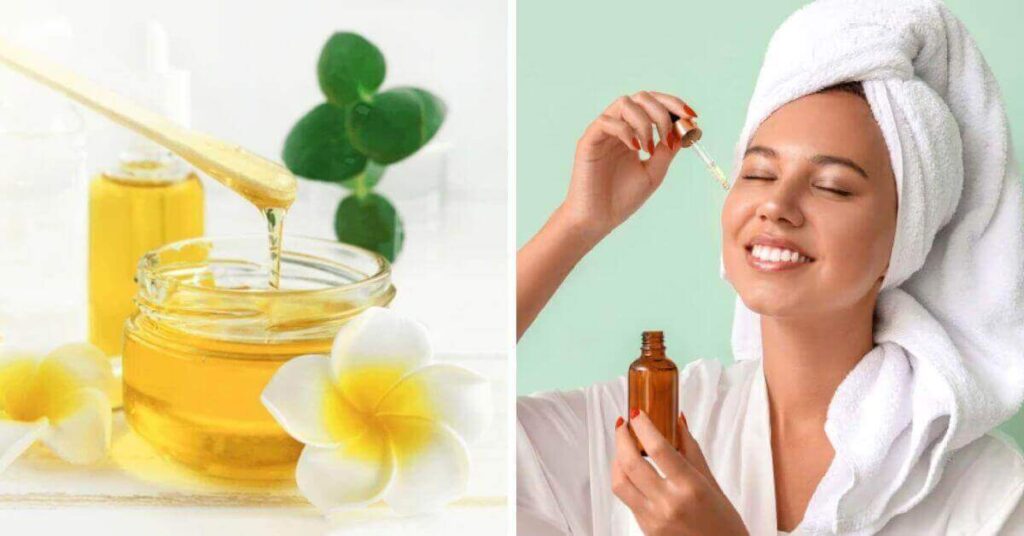
Tips to Care for Blemished Skin
If you struggle with blemished skin, adopting the right skincare routine and lifestyle habits can help prevent breakouts, reduce scars, and maintain a clear complexion. Below are effective tips to care for blemished skin using scientifically-backed methods and the best blemished skin products to support healthy skin.
1. Use a Gentle Cleanser
Washing your face twice daily with a mild, non-comedogenic cleanser helps remove excess oil, dirt, and bacteria without stripping your skin’s natural barrier. Look for blemished skin products with salicylic acid, benzoyl peroxide, or tea tree oil, which help to unclog pores and fight acne-causing bacteria.
2. Exfoliate Regularly (But Not Too Much!)
Exfoliating 2-3 times a week with a gentle chemical exfoliant (such as AHAs or BHAs) helps remove dead skin cells and prevents clogged pores. Over-exfoliating, however, can damage your skin barrier and worsen inflammation, so be mindful of how often you exfoliate.
3. Moisturize with Lightweight, Non-Greasy Formulas
Many people with blemished skin skip moisturizer, but dehydrated skin produces more oil, leading to breakouts. Choose oil-free, non-comedogenic moisturizers with hyaluronic acid, ceramides, or niacinamide to keep your skin hydrated without clogging pores.
4. Apply Targeted Spot Treatments
If you have active breakouts, use blemished skin products like spot treatments containing benzoyl peroxide, sulfur, or tea tree oil. These ingredients reduce bacteria, inflammation, and redness. For dark spots and scars, vitamin C and retinoids can help even out skin tone.
5. Never Skip Sunscreen
UV exposure worsens acne scars and hyperpigmentation. Use a broad-spectrum SPF 30+ sunscreen that is oil-free and lightweight to protect your skin from sun damage while preventing further discoloration.
6. Choose Non-Comedogenic Makeup and Skincare
If you wear makeup, select non-comedogenic foundations, concealers, and powders that won’t clog pores. Avoid heavy, oil-based formulas that can trap bacteria and worsen breakouts.
7. Maintain a Healthy Diet
What you eat affects your skin! Reduce consumption of sugary foods, dairy, and processed carbs, as they may contribute to blemishes. Instead, focus on antioxidant-rich foods like leafy greens, nuts, seeds, and fatty fish, which help reduce inflammation and support clear skin.
8. Keep Your Hands Off Your Face
Touching your face frequently transfers dirt, bacteria, and oils from your hands to your skin, leading to breakouts. Avoid picking or popping pimples, as this can cause infections and long-lasting scars.
9. Stay Hydrated and Manage Stress
Drinking enough water helps flush out toxins, keeping your skin hydrated and healthy. Stress triggers hormonal imbalances that can lead to breakouts, so practice stress-reducing activities like yoga, meditation, and deep breathing to keep your skin calm.
10. Use Blemished Skin Products with Active Ingredients
Incorporate blemished skin products with proven ingredients like:
- Salicylic Acid: Clears pores and prevents breakouts.
- Niacinamide: Reduces redness and strengthens the skin barrier.
- Retinoids: Help with skin renewal, acne scars, and fine lines.
- Aloe Vera & Green Tea Extract: Soothes inflammation and promotes healing.
By following these blemished skin care tips, you can create a routine that keeps your complexion healthy, balanced, and blemish-free!
Best Blemished Skin Products
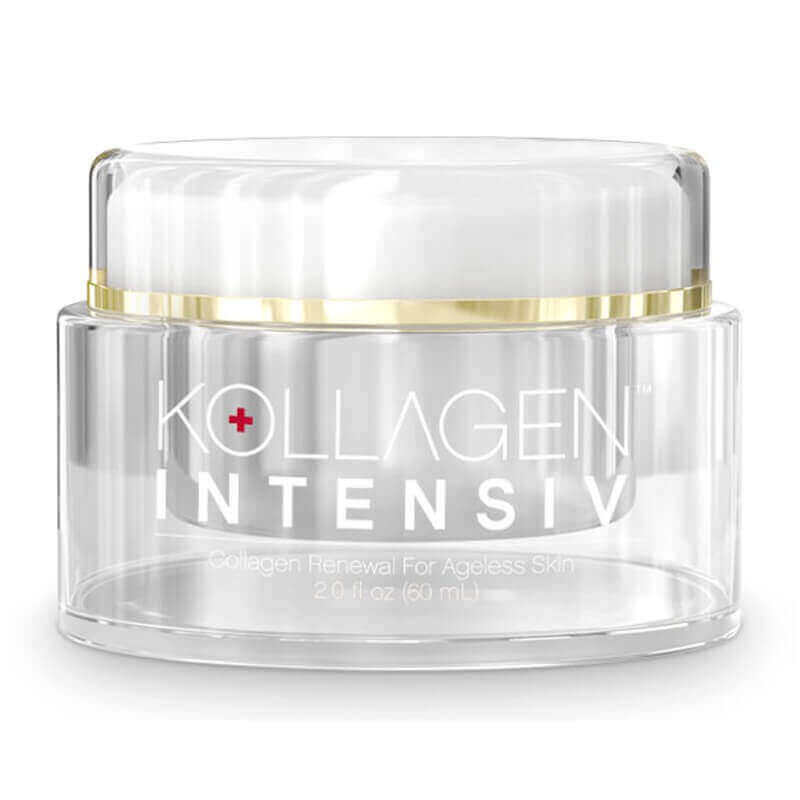
- Reduces Wrinkles and Fine Lines
- Hydrates and Moisturises the Skin
- Firms and Lifts Sagging Skin
- Fast-Absorbing and Non-Greasy
Types of Blemished Skin Products and Their Benefits
When dealing with blemished skin, using the right blemished skin products can make a huge difference. From cleansers to serums, different products target specific concerns like acne, dark spots, and uneven texture. Below are the best types of blemished skin products along with their benefits.
1. Cleansers for Blemished Skin
Best For: Removing dirt, excess oil, and bacteria that clog pores.
A good cleanser is the foundation of any skincare routine for blemish-prone skin. Look for gentle, non-comedogenic cleansers with:
✔ Salicylic Acid: Unclogs pores and prevents acne.
✔ Benzoyl Peroxide: Kills acne-causing bacteria.
✔ Tea Tree Oil: Fights inflammation and reduces redness.
Recommended Use: Wash your face twice daily to keep your skin clean without over-drying.
2. Exfoliators for Blemished Skin
Best For: Removing dead skin cells, unclogging pores, and improving skin texture.
Exfoliation prevents clogged pores and brightens the skin. Choose chemical exfoliants over harsh scrubs:
✔ Alpha Hydroxy Acids (AHAs): Helps with acne scars and hyperpigmentation.
✔ Beta Hydroxy Acids (BHAs): Deep-cleans pores and reduces excess oil.
✔ Lactic Acid: Gently exfoliates while hydrating the skin.
Recommended Use: Exfoliate 2-3 times a week to prevent irritation.
3. Toners for Blemished Skin
Best For: Restoring pH balance, tightening pores, and reducing oiliness.
Toners help remove leftover impurities after cleansing. Key ingredients to look for:
✔ Witch Hazel: Controls oil production and minimizes pores.
✔ Niacinamide: Reduces redness and strengthens the skin barrier.
✔ Green Tea Extract: Soothes irritated skin and fights inflammation.
Recommended Use: Apply after cleansing with a cotton pad or your hands.
4. Serums for Blemished Skin
Best For: Targeting acne, hyperpigmentation, and skin healing.
Serums are concentrated treatments that penetrate deep into the skin. Choose one based on your skin’s needs:
✔ Niacinamide Serum: Reduces inflammation and controls oil.
✔ Vitamin C Serum: Fades dark spots and acne scars.
✔ Retinol Serum: Speeds up skin renewal and prevents future breakouts.
✔ Hyaluronic Acid Serum: Hydrates the skin without clogging pores.
Recommended Use: Apply after toner and before moisturizer.
5. Moisturizers for Blemished Skin
Best For: Hydrating without clogging pores.
Many people with acne-prone skin skip moisturizer, but dehydrated skin can produce more oil, leading to more breakouts. Use lightweight, non-comedogenic moisturizers with:
✔ Hyaluronic Acid: Locks in moisture without making skin greasy.
✔ Ceramides: Strengthens the skin barrier.
✔ Aloe Vera: Soothes irritated skin.
Recommended Use: Apply twice daily after serum.
6. Spot Treatments for Blemishes
Best For: Treating pimples quickly and reducing swelling.
Spot treatments work by targeting individual breakouts. Key ingredients include:
✔ Benzoyl Peroxide: Kills acne bacteria overnight.
✔ Sulfur: Dries out pimples and absorbs oil.
✔ Tea Tree Oil: Reduces redness and inflammation.
Recommended Use: Apply only to blemishes, not the entire face.
7. Face Masks for Blemished Skin
Best For: Deep cleansing and calming inflamed skin.
Face masks provide extra care for acne-prone skin. The best options include:
✔ Clay Masks: Absorbs excess oil and detoxifies pores.
✔ Charcoal Masks: Draws out impurities and unclogs pores.
✔ Hydrating Masks: Help repair the skin barrier with soothing ingredients like cucumber and honey.
Recommended Use: Use 1-2 times a week for best results.
8. Sunscreens for Blemished Skin
Best For: Preventing acne scars from getting darker.
Sun exposure makes acne scars worse, so always use a lightweight, oil-free SPF:
✔ Zinc Oxide or Titanium Dioxide: Provides gentle, non-irritating protection.
✔ Non-Comedogenic Formulas: Prevents clogged pores.
✔ Matte Finish SPF: Controls oil throughout the day.
Recommended Use: Apply every morning, even on cloudy days.
Choosing the Best Blemished Skin Products for Your Routine
To create an effective skincare routine for blemished skin, include:
A gentle cleanser (daily)
A toner with calming ingredients (daily)
A lightweight moisturizer (daily)
An acne-fighting serum (daily)
A non-greasy sunscreen (daily)
A spot treatment (when needed)
An exfoliator or face mask (2-3 times a week)
With the right blemished skin products, you can reduce breakouts, improve skin texture, and restore your skin’s natural glow. The key is consistency, patience, and choosing the right formulas for your skin type!
How to Choose the Right Blemished Skin Products for Your Skin Type
Choosing the right blemished skin products is crucial for maintaining clear and healthy skin. The wrong choice can lead to irritation, excessive dryness, or more breakouts. Below is a table that helps you select the best skincare products based on your specific skin type.
| Skin Type | Common Issues | Best Ingredients | Recommended Products | Avoid These |
|---|---|---|---|---|
| Oily Skin | Excess oil, enlarged pores, frequent breakouts | Salicylic Acid (BHA) (deep cleans pores), Niacinamide (reduces oil), Clay/Charcoal (absorbs oil), Oil-Free Moisturizers (hydration without grease) | – Gel or foaming cleansers – Oil-free moisturizers – Clay masks (1-2 times per week) – Toners with witch hazel or green tea | Heavy creams, oil-based serums, alcohol-based toners |
| Dry Skin | Flaky, tight skin, redness, occasional breakouts | Hyaluronic Acid (deep hydration), Ceramides (skin barrier support), Aloe Vera & Green Tea Extract (soothing), Lactic Acid (AHA) (gentle exfoliation) | – Hydrating or cream-based cleansers – Non-comedogenic, rich moisturizers – Gentle exfoliants (AHA-based) – Hydrating face masks | Strong acne treatments (benzoyl peroxide), harsh exfoliants, alcohol-based products |
| Combination Skin | Oily T-zone, dry or normal cheeks, occasional breakouts | Niacinamide (balances oil), Salicylic Acid (BHA) (targets acne), Hyaluronic Acid (hydrates dry patches), Lightweight Gel Moisturizers | – Gel or foaming cleansers – Lightweight, non-comedogenic moisturizers – Clay masks for oily areas – Gentle exfoliants (AHA + BHA) | Heavy creams in oily areas, strong exfoliants, alcohol-based toners |
| Sensitive Skin | Redness, irritation, prone to allergic reactions, breakouts from harsh ingredients | Aloe Vera & Chamomile (soothes inflammation), Centella Asiatica (Cica) (healing), Niacinamide (oil control), Fragrance-Free Formulas | – Non-foaming, creamy cleansers – Fragrance-free, soothing toners – Hydrating, non-comedogenic moisturizers – Mild acne treatments | Harsh exfoliants, strong fragrances, alcohol-based products |
| Acne-Prone Skin | Frequent pimples, blackheads, clogged pores, acne scars | Salicylic Acid (BHA) (deep cleans pores), Benzoyl Peroxide (kills acne bacteria), Retinoids (Vitamin A) (skin renewal), Azelaic Acid (reduces acne marks) | – Oil-free gel cleansers – Spot treatments with benzoyl peroxide or sulfur – Lightweight, non-comedogenic moisturizers – Retinol serums (for nighttime) | Heavy creams, coconut oil-based products, comedogenic makeup |
Additional Tips for Choosing Blemished Skin Products
✔ Patch Test Before Use: Always test new products on a small skin area to prevent allergic reactions.
✔ Look for “Non-Comedogenic” Labels: These products won’t clog pores, reducing breakouts.
✔ Fragrance-Free is Best: Fragrance can irritate sensitive and acne-prone skin.
✔ Adjust to Your Skin’s Needs: Your skin changes with seasons, stress levels, and diet update your routine accordingly.
By choosing the right blemished skin products for your skin type, you can reduce breakouts, control oil, and maintain a healthy complexion. Stick to your routine for at least 4-6 weeks to see real improvements!

